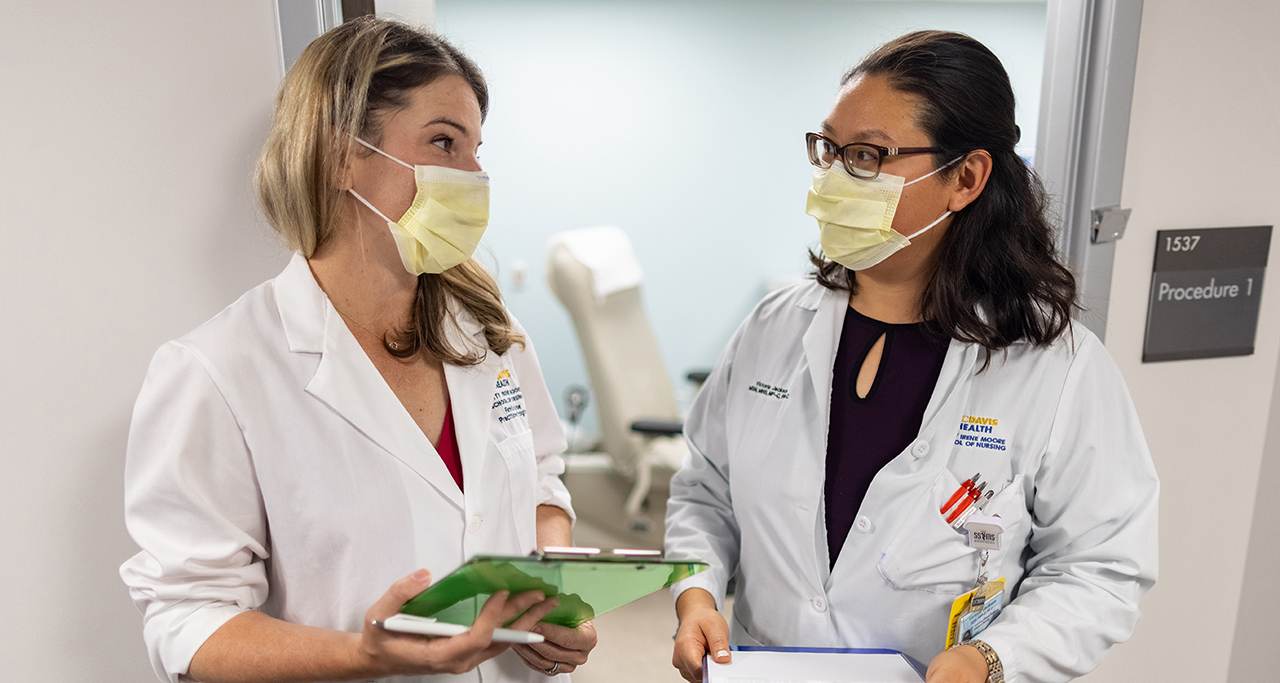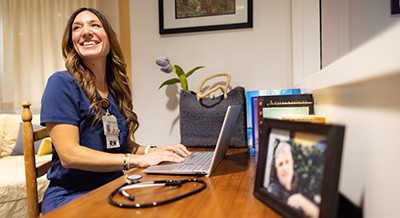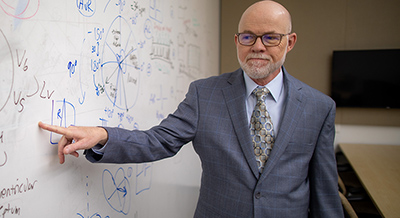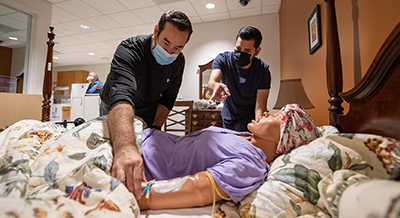For the past decade, Jennifer Stein has cared for patients in the Intensive Care Unit (ICU) at UC Davis Medical Center. Most of them over the age of 65.
“When I see them in the ICU their dementia is mixed with delirium. It’s frustrating to see them in that space,” she says.
But when she started a clinical rotation in the new UC Davis Health Healthy Aging Clinic, the “experience was extremely refreshing.” Stein is a recent family nurse practitioner graduate from the Betty Irene Moore School of Nursing at UC Davis.
She, along with fellow physician assistant (P.A.) students, gets to see a new side to geriatrics thanks to the Healthy Aging Initiative, a systemwide effort redefining holistic, age-friendly services.
“Older adults are living longer and seeking care for increasingly complex conditions. So, we must find innovative ways to ensure that graduates are prepared to care for the aging population,” explains Victoria Jackson, clinician educator and clinic preceptor. “When I’m working with students, they recognize it’s not just the disease and the caregiver is not just there for the benefit of the health care team. It’s about recognizing the whole person and the family unit.”
For P.A. graduate Bryan Clark, Jackson’s mentorship built his confidence. Time spent at the clinic broadened his perspective.
“It’s great to be at the beginning of a diagnosis and see what you can do at the beginning of the journey to set expectations for the future,” he says. “I left that rotation a lot more aware of what I need to be thinking about when working with patients with either a mental or physical disability. I realize the importance of having insight into their family caregivers, housing situation, finances, things like that.”
Visits are 90 minutes, compared to a typical primary care visit of 15 or 20 minutes. Not only do students learn competent and compassionate care for older adults, but they understand the role of various members of an interdisciplinary team.
“It allows you to get really involved and look at the person in their entirety rather than snapshots,” Stein says. “You get to take in the perspective of the family, dive into history, their life, get to know them personally. It’s a totally different perspective in health care.”






